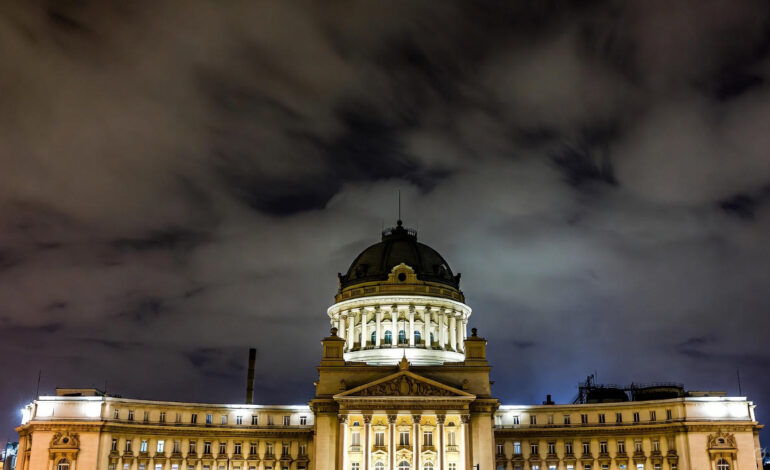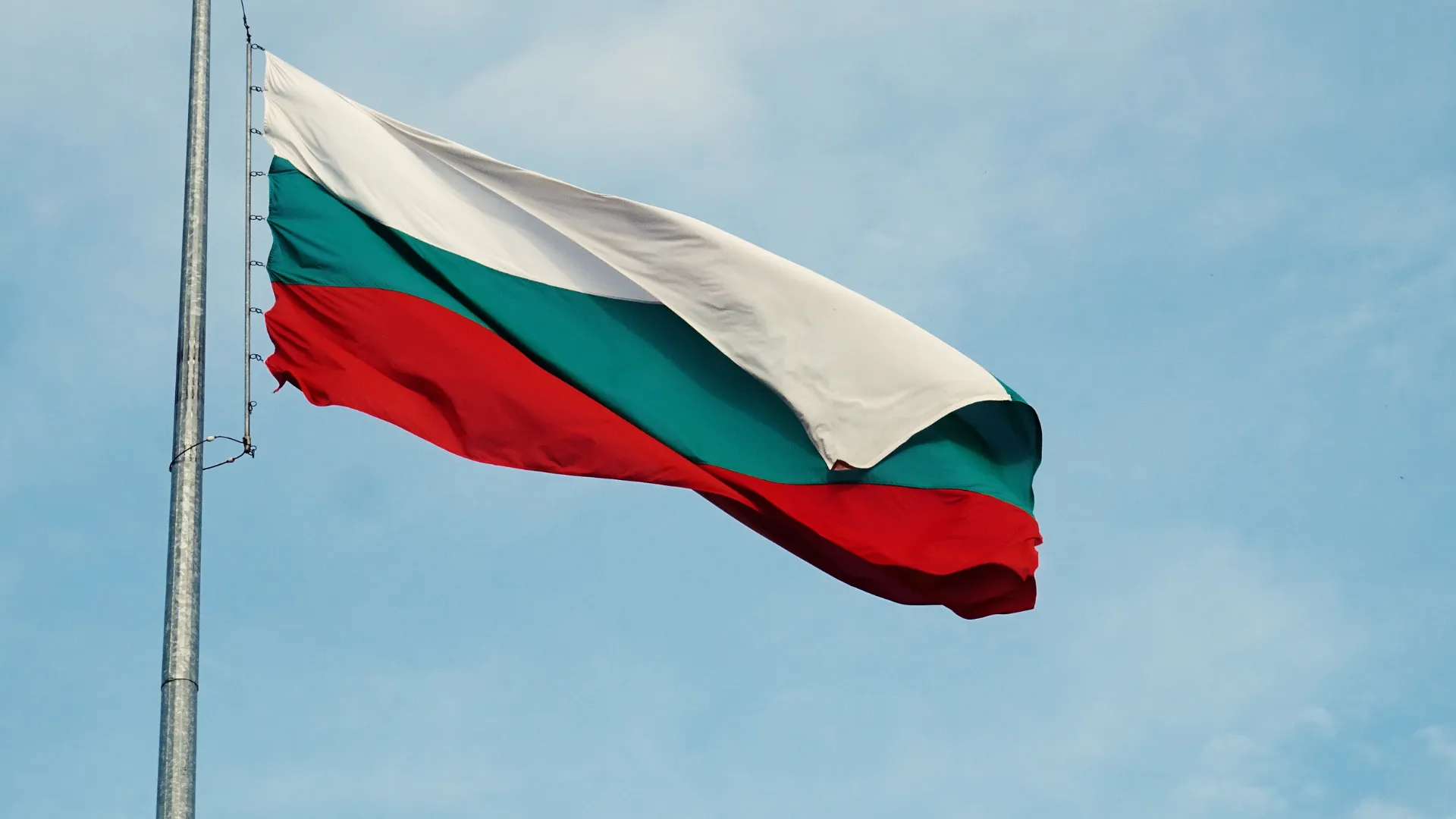Bulgarian Parliament Overrides President’s Veto to Enable State Control of Lukoil Refinery

Sofia, Bulgaria — Bulgaria’s National Assembly voted on Thursday to overturn President Rumen Radev’s veto on legislation enabling the government to assume temporary control of Lukoil Neftochim Burgas, the country’s largest oil refinery. The move clears the way for the state to install a commercial manager with broad authority to run the facility amid concerns over impending U.S. sanctions against Lukoil.
The veto was rejected with 128 votes in favor and 59 against, supported primarily by the governing coalition and several opposition groups. Lawmakers argued that urgent action was necessary to protect Bulgaria’s energy security as winter approaches.
Under the law, a government-appointed commercial manager will be able to oversee refinery operations, secure supplies, and, if required, restructure or sell parts of the business. Supporters say this temporary intervention is designed to ensure continuous fuel production in case sanctions disrupt Lukoil’s ability to operate.
President Radev had previously warned that the legislation risked “legal uncertainty” and could lead to long-term complications for the state. He argued that the rapid process lacked sufficient economic and legal assessment.
Government officials insist the measures are preventive. “We cannot afford a sudden halt in refinery activity,” lawmakers said during the debate, emphasizing that Neftochim Burgas provides the majority of Bulgaria’s fuel and is a key regional supplier.
Critics, including some energy experts, raised concerns that state involvement in the refinery could create new financial liabilities for the government and potentially trigger legal disputes.
The refinery, owned by Russia’s Lukoil, has faced heightened scrutiny as Western countries intensify sanctions targeting Russian energy assets. Bulgaria had previously been granted temporary exemptions from EU oil embargo measures due to its heavy dependence on Russian crude.
The government is expected to appoint the commercial manager within days. Officials have not yet outlined how long state oversight might remain in place, saying this will depend on the evolution of the sanctions environment and operational stability at the refinery.










